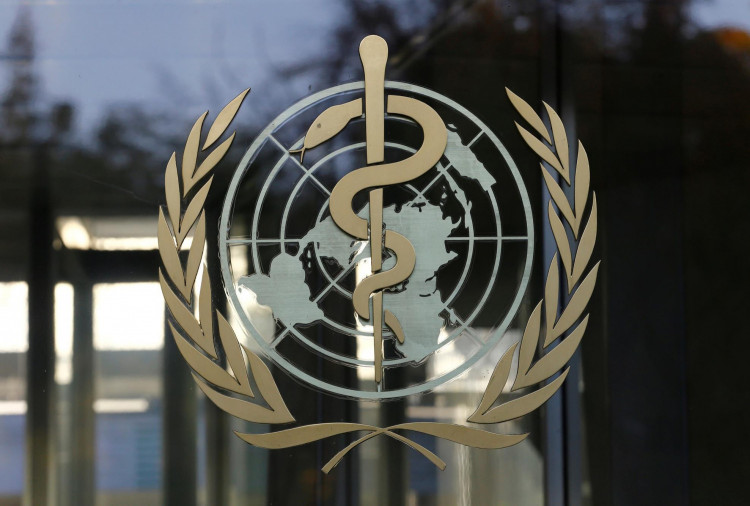The World Health Organization has published new recommendations relating to human genome editing. It proposed to build a system to track "any form of genetic manipulation" over concerns about unethical research.
The organization expert panel said that all research involving human genome editing should be made public, although the committee cautioned that this would not always deter unethical scientists.
"In the field of stem cell research, unscrupulous entrepreneurs and clinics have deliberately misused clinical trial registries by registering procedures they plan to undertake as if they were properly sanctioned clinical trials," the group said.
In late 2018, the United Nations health agency assembled an expert committee in response to China scientist He Jiankui's startling revelation that he had developed the world's first gene-edited babies, twin sisters known as Lulu and Nana.
Following the announcement, there was widespread disapproval of his conduct. However, the details of the case remain unknown since he has not been transparent about his work.
He presented his work in under 20 minutes at the Second International Summit on Human Genome Editing in Hong Kong in November 2018, his single public appearance since his announcement.
Although he presented proof of what he had done to the twins' DNA, it was insufficient to persuade anybody that he had safely altered the genomes of the human in vitro fertilization embryos that became Lulu and Nana.
The organization expert committee also recommended creating strategies for measuring potentially problematic gene-editing studies, as well as a system for "reporting violations of research integrity."
"The committee agrees that it is irresponsible at this time for anyone to proceed with clinical applications of human germline genome editing," committee joint chairperson Margaret Hamburg said in a news briefing.
These suggestions, however, are subject to change. Over the following two years, the expert group will continue to examine human gene editing, meeting with additional experts and leaders before finalizing a set of international standards.





